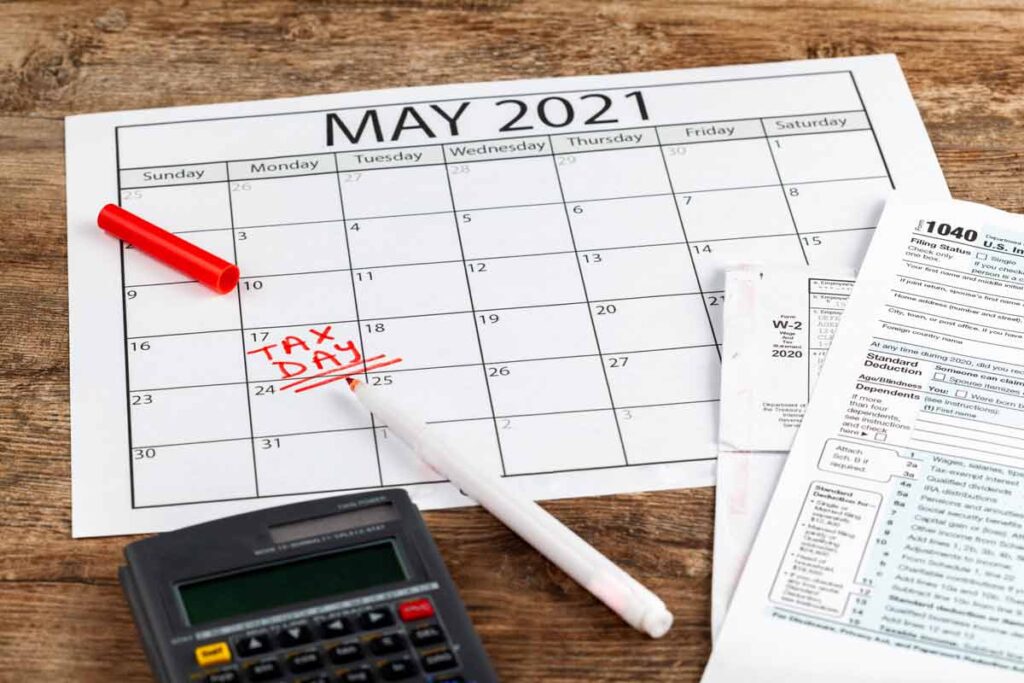Internal Revenue Service announced that the federal 1040 income tax filing due date for individuals for the 2020 tax year will be automatically extended from April 15, 2021 to May 17, 2021. Federal balance due amounts are also moved to the new due date of May 17, 2021.
Most states, including Wisconsin, also followed the IRS due date change so 2020 state individual tax returns and state tax balance due payments, if any, are also moved to May 17, 2021.
Individual taxpayers do not need to file any forms or call the IRS to qualify for this automatic federal tax filing and payment relief.
What other Deadlines are also shifted to the new May 17 due date?
- Time to make contributions to IRAs (traditional and Roth) and health savings accounts extended to May 17
- 2017 unclaimed refunds – deadline extended to May 17. The statute of limitations for 2017 normally ends 3 years after filing, but this extension provides additional time to file for missed refunds you may be entitled. (note: this does not extend the Wisconsin 2016 statute of limitations).
- These more obscure forms are also shifted to May 17: Forms 965-A, 3520, 5329, 5471, 8621, 8858, 8865, 8915-E and 8938.
- SEP or Simple IRA or Solo 401k contributions
What Tax Forms/Returns are Still Due on April 15:
- 1st Quarter Individual 2021 Estimates (1040-ES and state Q1 estimates)
- Trust Returns (Form 1041) and Trust Q1 (2021) estimate
- Corporate returns (Form 1120) and corporation Quarter 1 (2021) estimates
- Gift tax Returns (Form 709)
- FBARs are also due by April 15th BUT they are automatically extended until Oct 15th.
- Edvest contributions to a Wisconsin college savings account must be made by April 15, 2021, to qualify for the 2020 Wisconsin income tax return subtraction.
Wegner CPA staff will continue working on clients’ 2020 tax return data submitted or dropped off at our office. We hope to turn them around as quickly and as efficiently as we can manage. Thanks for your patience in another unusual and “tax law changing” tax season.


